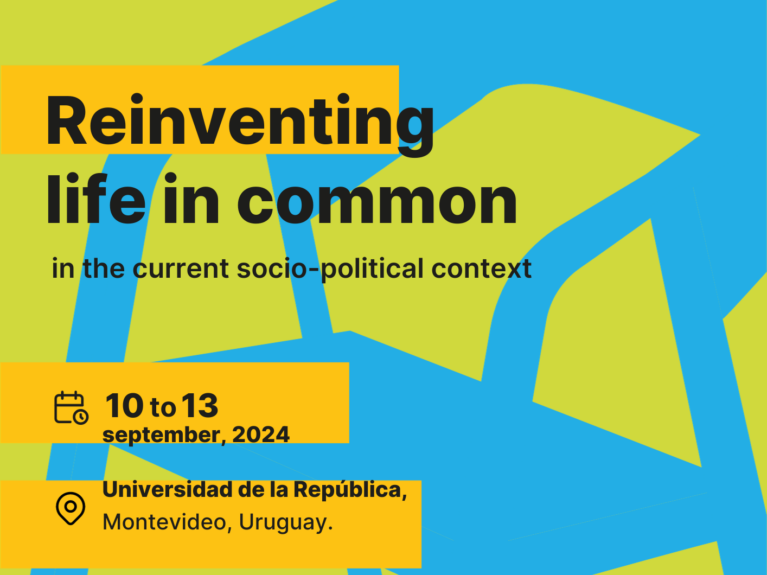What is Community Psychology?
Community psychology goes beyond an individual focus and integrates social, cultural, economic, political, environmental, and international influences to promote positive change, health, and empowerment at individual and systemic levels.

Biennial 2025
June 9-14th 2025

We invite you to host the next International Conference of Community Psychology. To receive information about the process to submit a proposal use the ‘contact us’ form below
Le invitamos a auspiciar la próxima Conferencia Internacional de Psicología Comunitaria. Para recibir información del procedimiento seleccione el enlace de ‘comuníquese con nosotros’
Le invitamos a auspiciar la próxima Conferencia Internacional de Psicología Comunitaria. Para recibir información del procedimiento seleccione el enlace de ‘comuníquese con nosotros’




